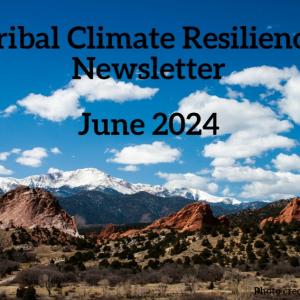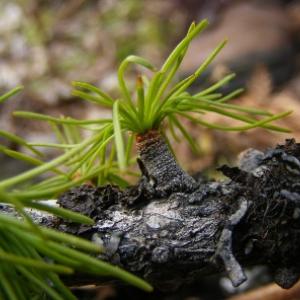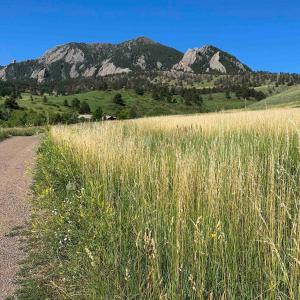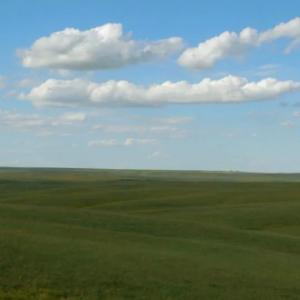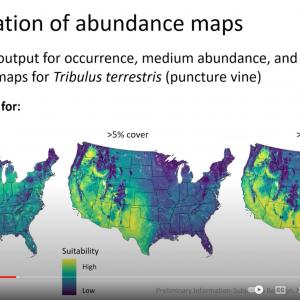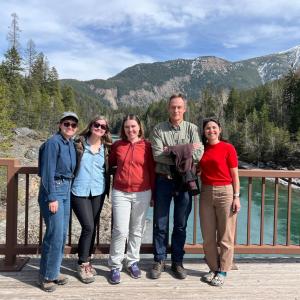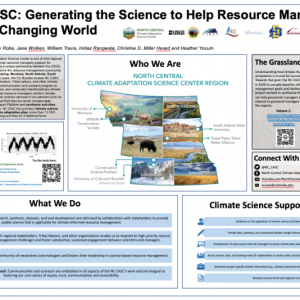News
NC CASC Scientists and Partners Speaking at North American Congress for Conservation Biology
The North American Congress for Conservation Biology’s 2024 conference will take place from June 23-28 in Vancouver, BC - and several NC CASC scientists and partners have been involved in organizing a conference symposium session.
Upcoming Publication Addresses Western Larch Regeneration
In an upcoming publication, Spencer T. Vieira, Kimberly T. Davis, Zachary A. Holden, Andrew J. Larson, and Philip E. Higuera analyze post-fire and seasonal climate conditions to determine which factors most strongly influence regeneration of the Western larch.
2024 Rapid Climate Assessments
It’s summer at CU Boulder, and that means it's time for the next slate of NC CASC Rapid Climate Assessment Program (RCAP) projects to begin! The RCAP is designed to develop a series of short, well-defined Rapid Climate Assessments (RCAs) to provide timely data, quick identification of vulnerabilities and risks, and provide crucial information for implementing strategies and making informed decisions.
Welcome to Seamus Land!
Seamus Land is the participatory science fellow with the North Central Climate Adaptation Science Center. His work with USGS and the NC CASC will focus on developing shared concepts, language, and practices to support participatory and actionable science efforts across the agency.
NC CASC team attending CIRES Rendezvous
CIRES Rendezvous is an “institute-wide symposium that aims to bring awareness to the depth, breadth, and quality of the pacesetting science being done at CIRES.” The NC CASC will be displaying three posters at the 2024 event to highlight our work in science and communications.




